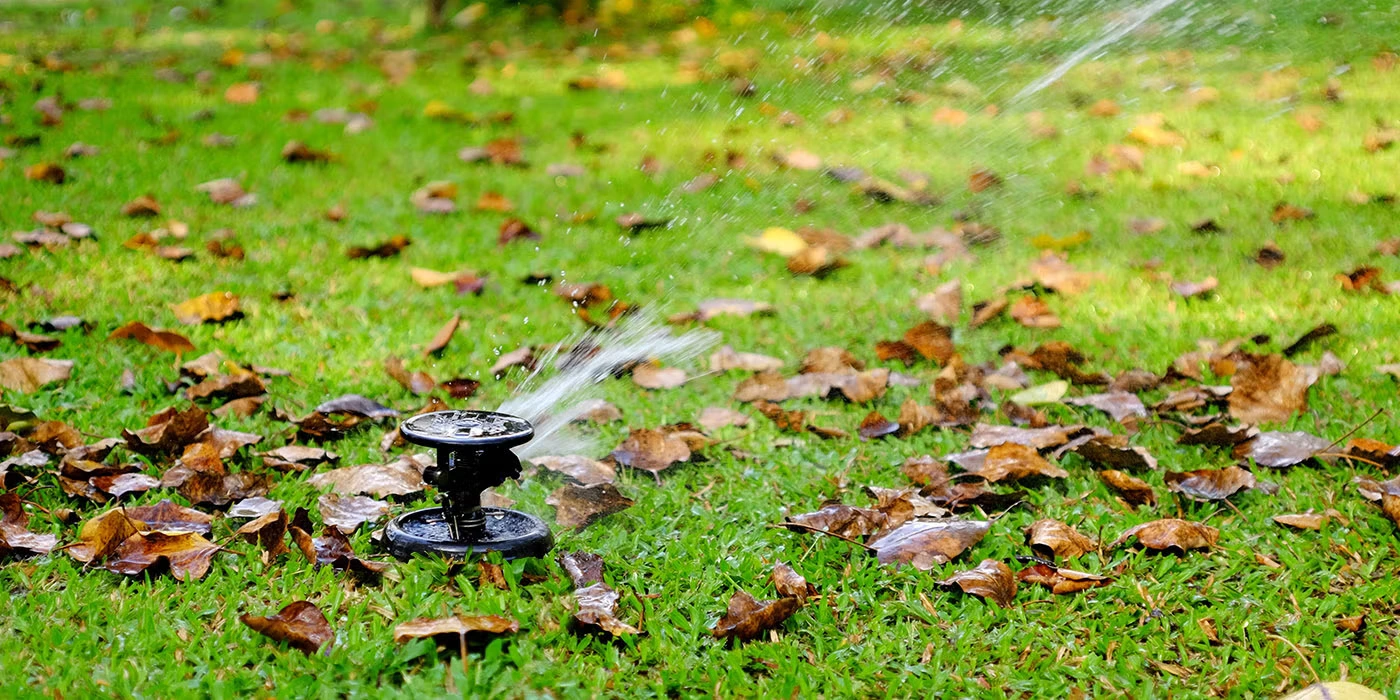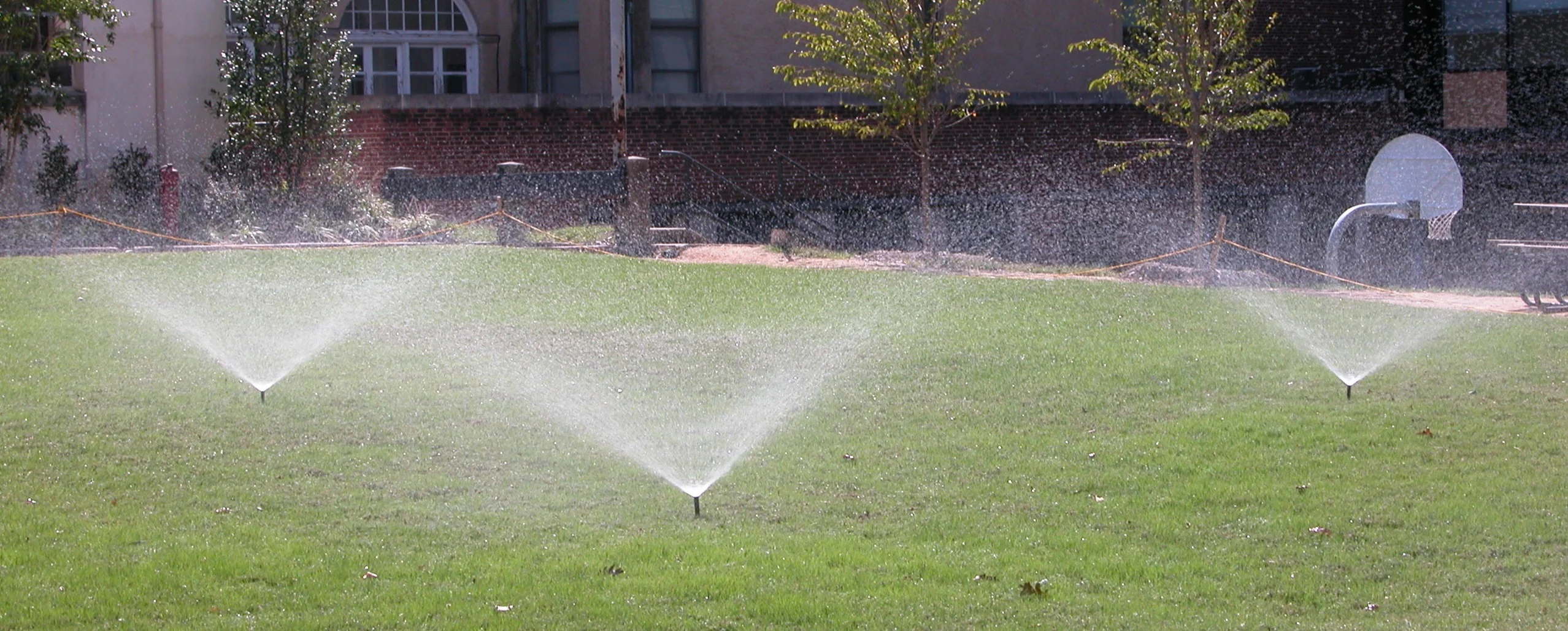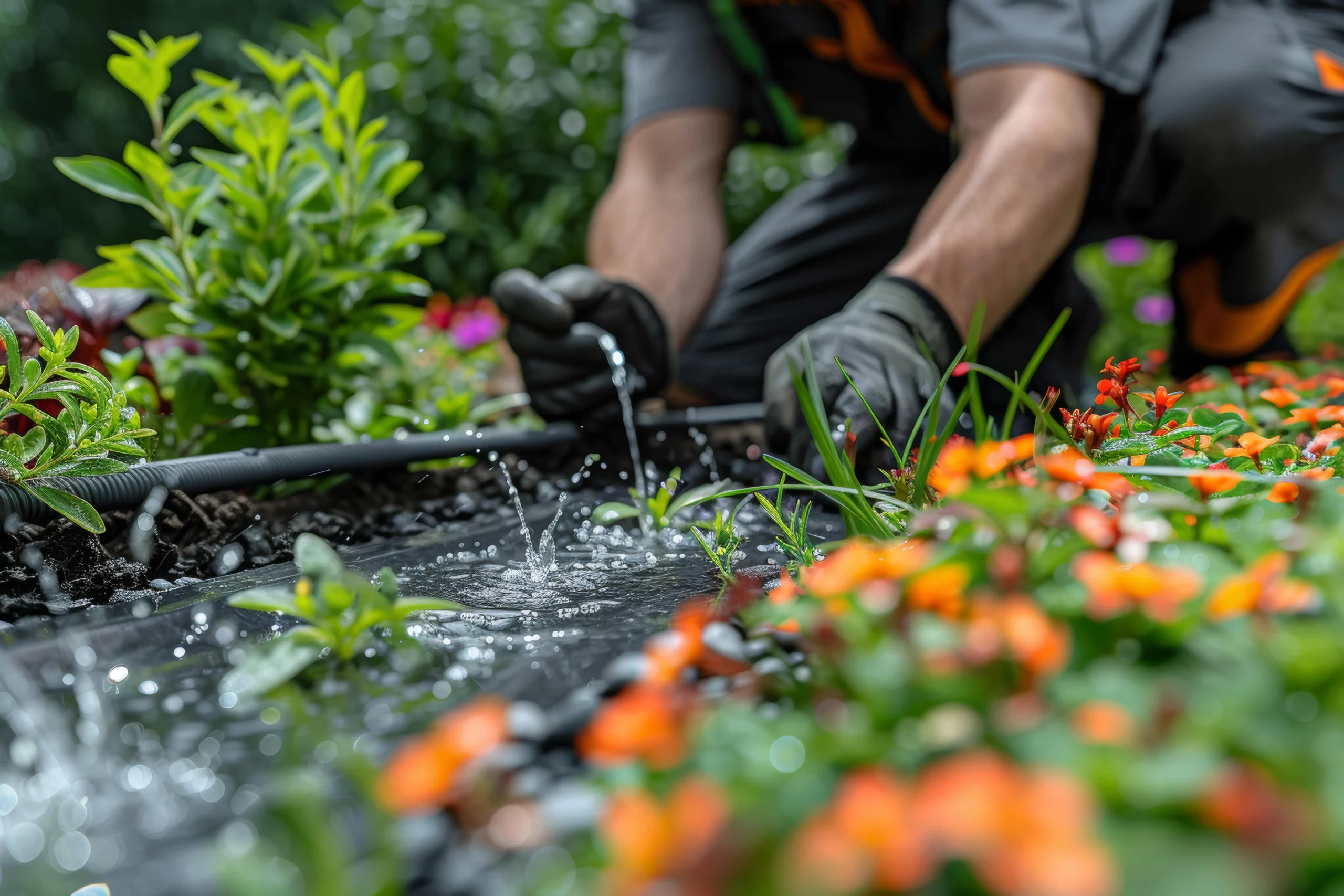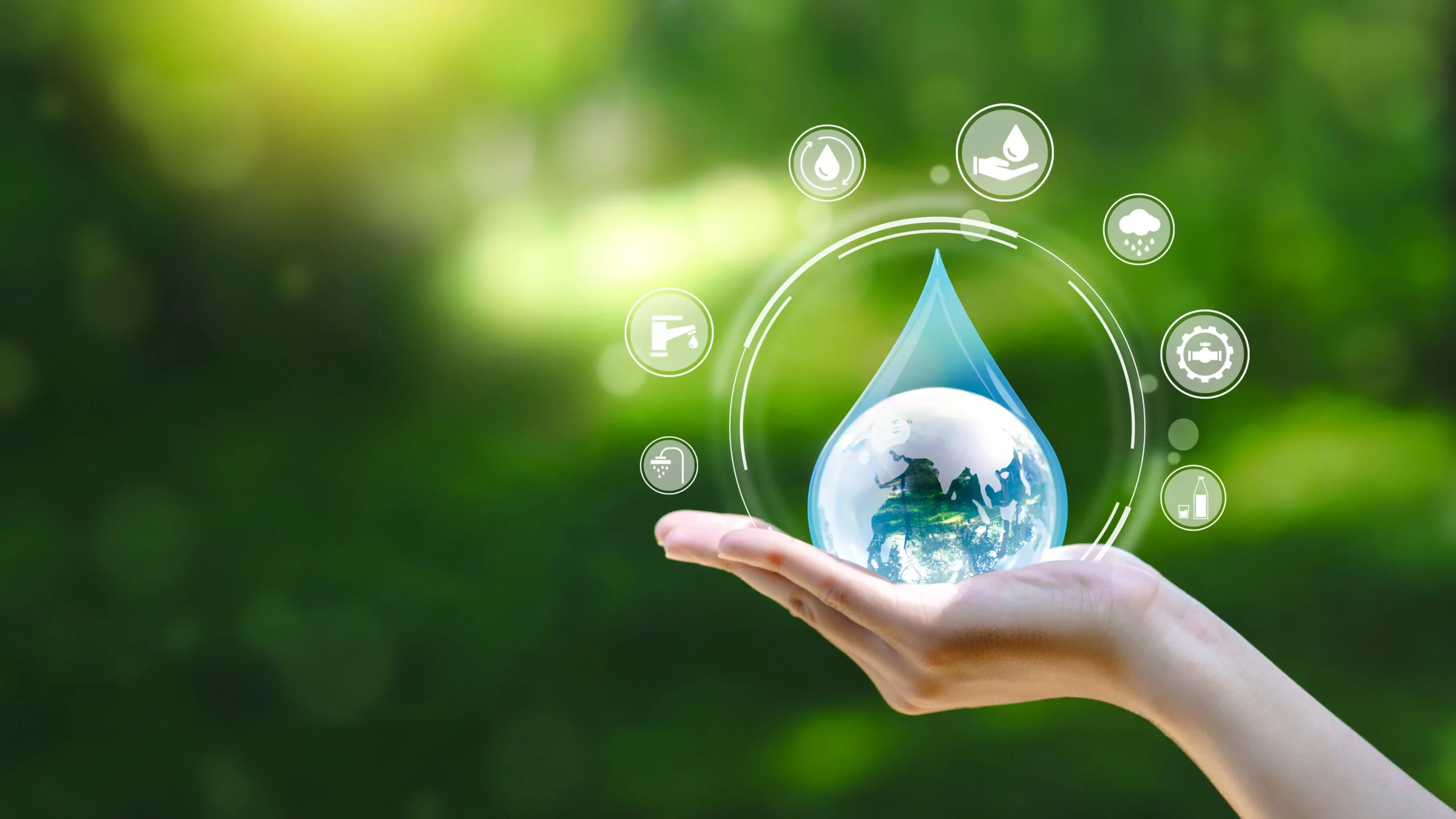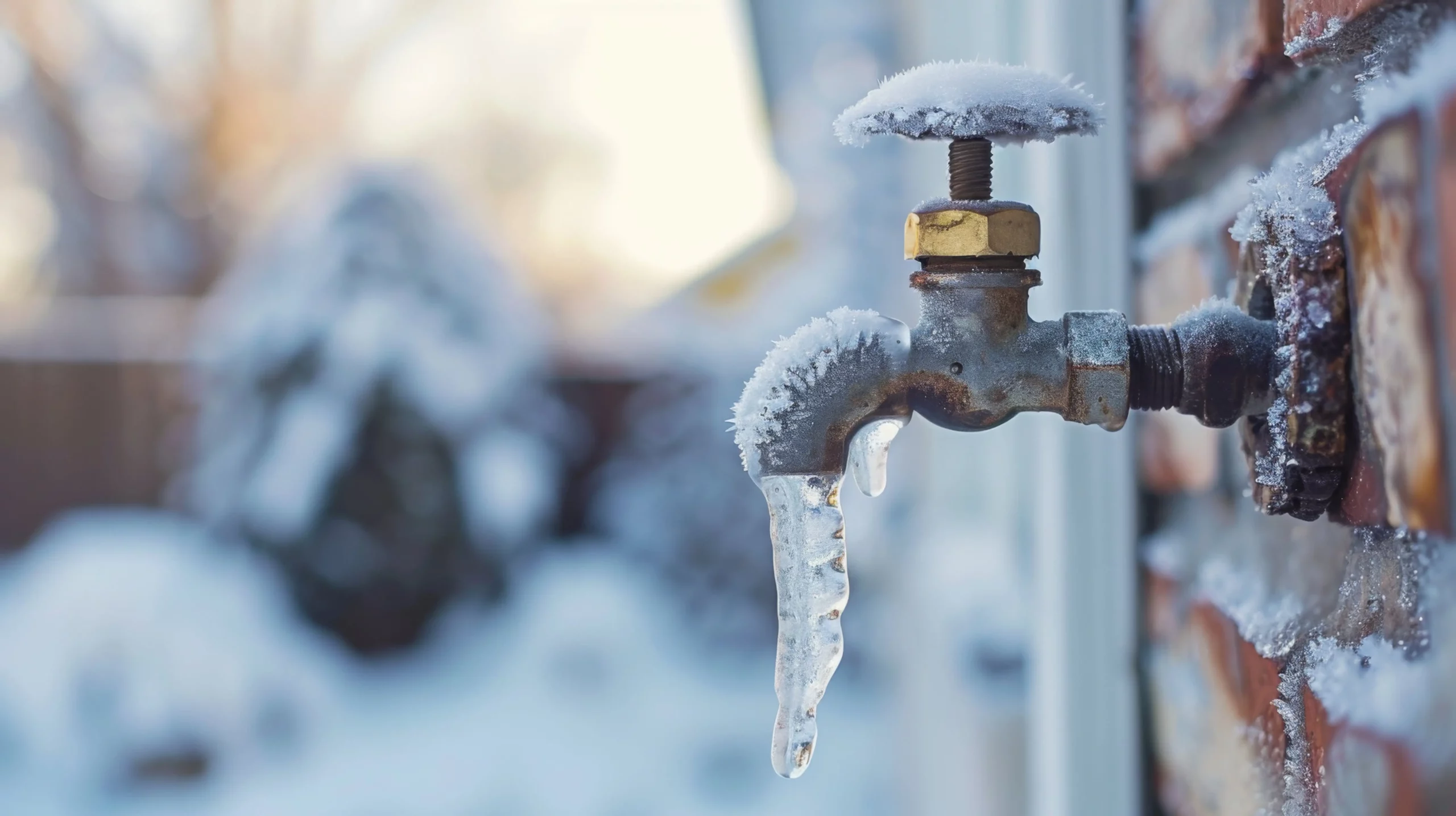Smart Tips to Reduce Summer Water Use
When communities draw more water than local sources can sustainably supply, ecosystems suffer. Rivers and lakes shrink, groundwater tables drop, and aquatic life can be harmed by warmer, shallower waters. In regions already prone to drought or wildfires, overuse can worsen environmental and public safety issues.
1. Water Early or Late
Water your lawn or garden before 9 a.m. or after 6 p.m. to minimize evaporation. Midday sun can waste up to 30% of water through evaporation.
2. Check for Leaks
A leaking outdoor faucet or a cracked hose can waste hundreds of gallons a week. Inspect and fix leaks promptly.
3. Embrace Native Plants
Swap thirsty grass for drought-tolerant landscaping using native plants, succulents, or ornamental grasses that require less water.
4. Mulch Your Garden
A layer of mulch helps soil retain moisture, keeps roots cool, and reduces the need for frequent watering.
5. Use a Broom, Not a Hose
Instead of hosing off patios or driveways, use a broom. It saves gallons of water every time.
6. Cover Your Pool
Pool covers reduce evaporation by up to 90% and keep your water cleaner, too.
7. Upgrade to Smart Irrigation
Smart sprinkler controllers adjust watering based on weather, soil conditions, and plant needs—saving water automatically.
Conclusion
Water is one of our most precious resources, and during summer, it’s easy to take it for granted. By making a few simple changes, we can enjoy the season while being mindful of our impact. Whether you’re a homeowner, gardener, or just trying to stay cool, smart summer water use is a win for your wallet—and the planet.


